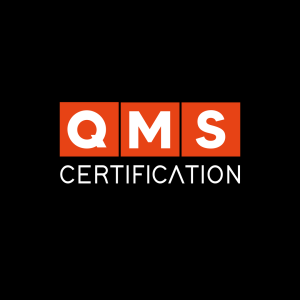We currently live in a health and humanitarian crisis due to the spread of COVID-19. We professionals in management systems have a contribution to make to maintain the continuity of processes in times of crisis.
Management systems based on ISO standards have been prepared over the years to arrive now as risk management tools. Each in your area of activity, be it quality, compliance, environment, business continuity, etc.
The term risk-based thinking was codified using Annex SL, a common layout for all ISO management system standards. This means that in all ISO standards for management systems you can find context analysis and risk analysis.
In assessing the characteristics of management systems, to act effectively, the responsible professional or those responsible must be based on three spectra:
 External audits:
External audits:
It may seem strange, but in times of crisis, receive external audits!!! The reason is simple, for a cost already planned and not high, your company can have an external view from a risk management specialist to evaluate your management system, search items like context, risk management, changes and give you a view impartial through observations and recommendations for improvement, and thus bring you insights.
A thorough analysis and discussion on the topic of risks will already be of great value for any moment of crisis, so be sure to receive external audits.
Risks and context
As I said above, all management system standards have risk requirements and an organizational context. This is the time to use these tools effectively, use and store, as well as add value to the organization’s strategic direction and establish pillars for business detection.
Based on the risk management methodology of your management system, make a risk analysis of the current moment, and relate it to the organizational context, evaluating internal and external issues of the current moment. That done, send these studies to your management, board and council, I’m sure it will be of great value.

Management system as a tool
It is your opportunity to demonstrate how the management system adds value to the company’s business, use all the tools it must evaluate the controls and manage of the company at that time.
Establish the necessary risk assessment, change management, critical analysis of processes, management of non-conformities and keep everything registered with ongoing processes. Management system serves to make management.











